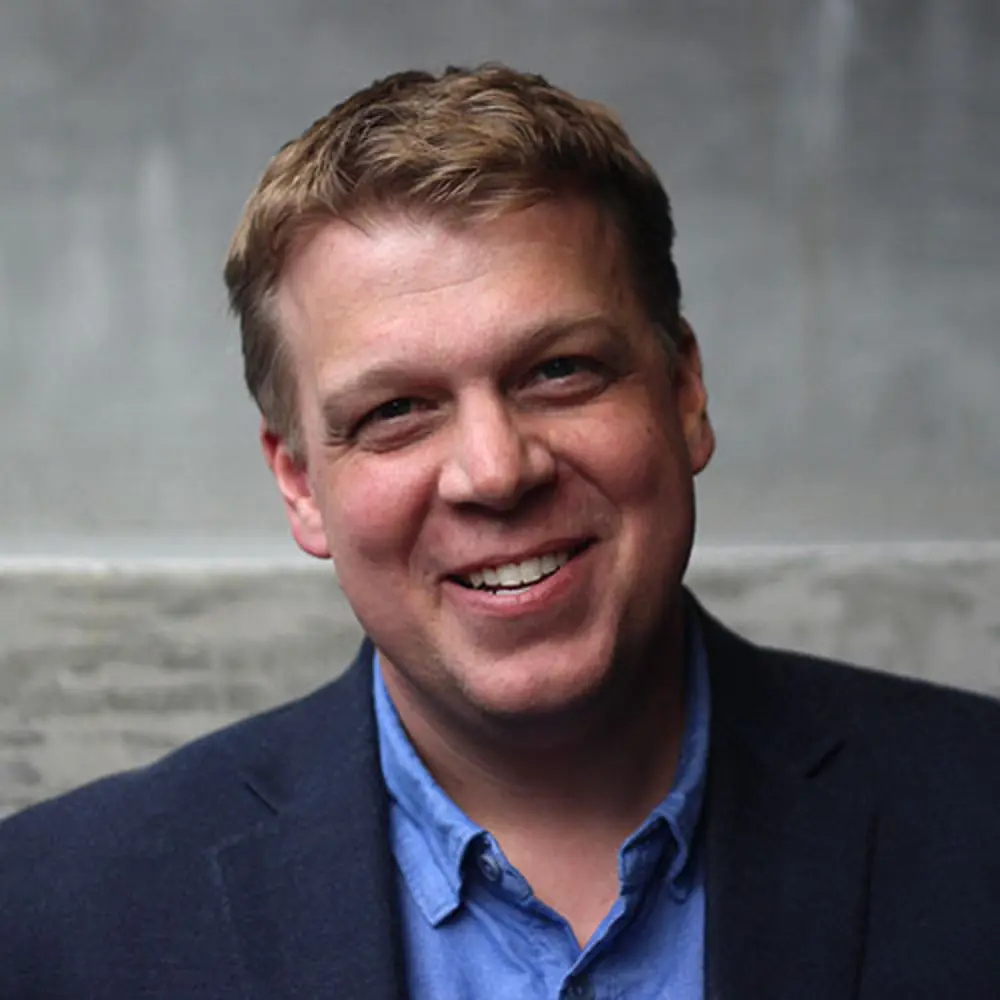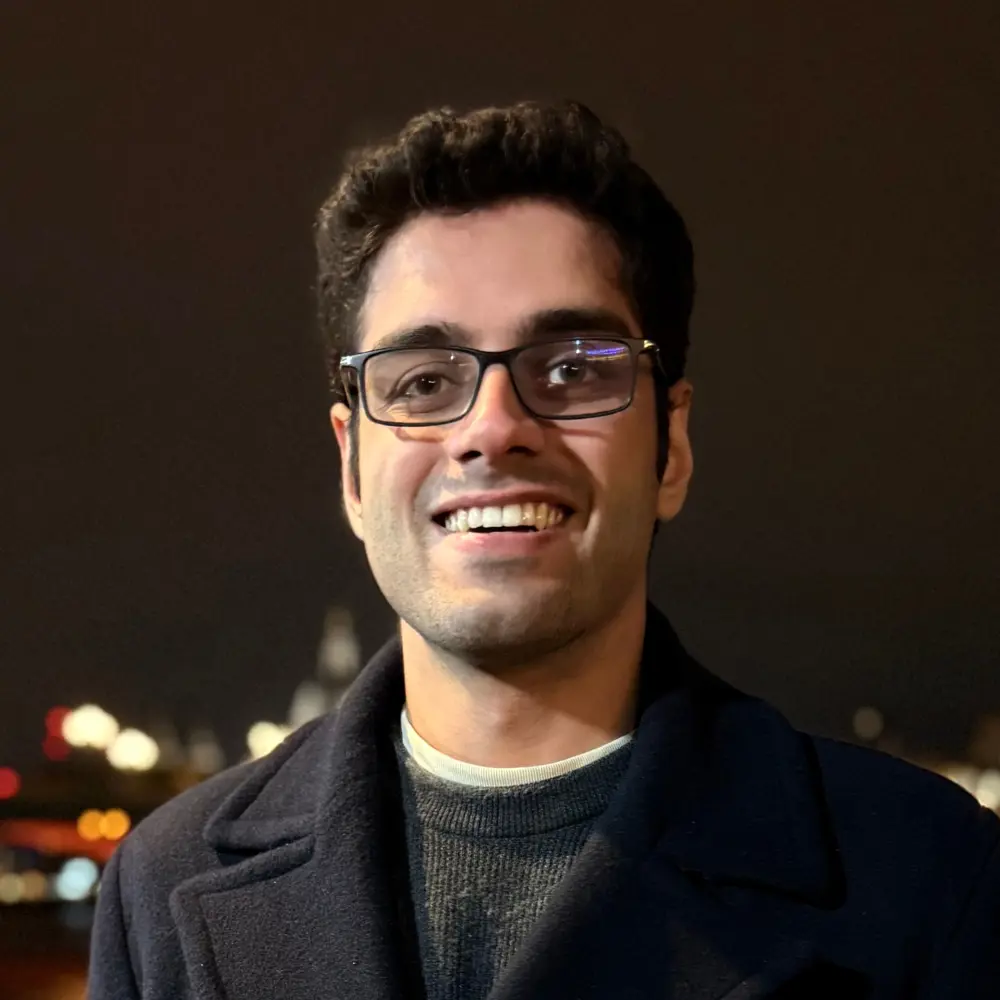
Manufacturing Abundance
Ages of human history are defined by materials that transformed societies and mark breakthroughs in mastery over matter. Rather than a single material, the next age will be defined by our ability to assemble molecules into bespoke solutions for today’s challenges and unlock sustainable abundance.
What is an opportunity space?
Opportunity spaces are areas of research that we believe are ripe for breakthroughs. They are defined by our Programme Directors, and must be highly consequential for society, under-explored relative to their potential impact, and ripe for new talent, perspectives, or resources to change what’s possible.
Core beliefs
The core beliefs that underpin this opportunity space:
We will assemble limited sets of available molecules into a limitless range of functionality, without cost to planetary health.
Programmable polymers will construct materials, from the nanoscale to the macroscale, with structures that deliver tailored performance with unprecedented accuracy.
Ubiquitous clean energy will unlock a new manufacturing paradigm and, in turn, be catalysed by it: cost-competitive, precise performance arising from structure (vs. composition) and stochastic (vs. deterministic) assembly.
To unlock ubiquitous manufacturing, we’ll need a new biotic-abiotic tech stack that lets us programmably assemble matter like software → creating resilient societies, unleashing innovation at scale, and shrinking lab-to-market cycles from decades to days.
Give feedback on this opportunity space
Help inform the development of the programme thesis.
Meet the programme team
Our Programme Directors are supported by a core team that provides a blend of operational coordination and highly specialised technical expertise.

Ivan Jayapurna
Programme Director
Ivan joins ARIA from the University of California, Berkeley, with a PhD in materials science and engineering. While studying, Ivan co-led several tech spinout efforts, was twice funded by the National Science Foundation I-Corps, and co-founded a technical consultancy for biotech startups.

Tim McGee
External Technical Advisor
Trained at UCSB in nature’s playbook for manufacturing high-performance materials, Tim spent 15 years turning biological insights into products and strategies for fortune 500 companies. Today, he leads the Impossible Fibers program at Speculative Technologies, unlocking protein-based fibers that are beyond existing technological limits.

Aayush Chadha
Frontier Specialist
Aayush works alongside the Programme Directors to scope out emerging areas of technology that can shape current and future ARIA programmes. He previously spent a year as a founder in residence at Entrepreneur First working on neuromodulation, materials for computing, batteries for electric aviation and stroke therapeutics. He also has a PhD in Nanosciences from the University of Manchester.
Sign up for updates
Stay up-to-date on our opportunity spaces and programmes, be the first to know about our funding calls and get the latest news from ARIA.

